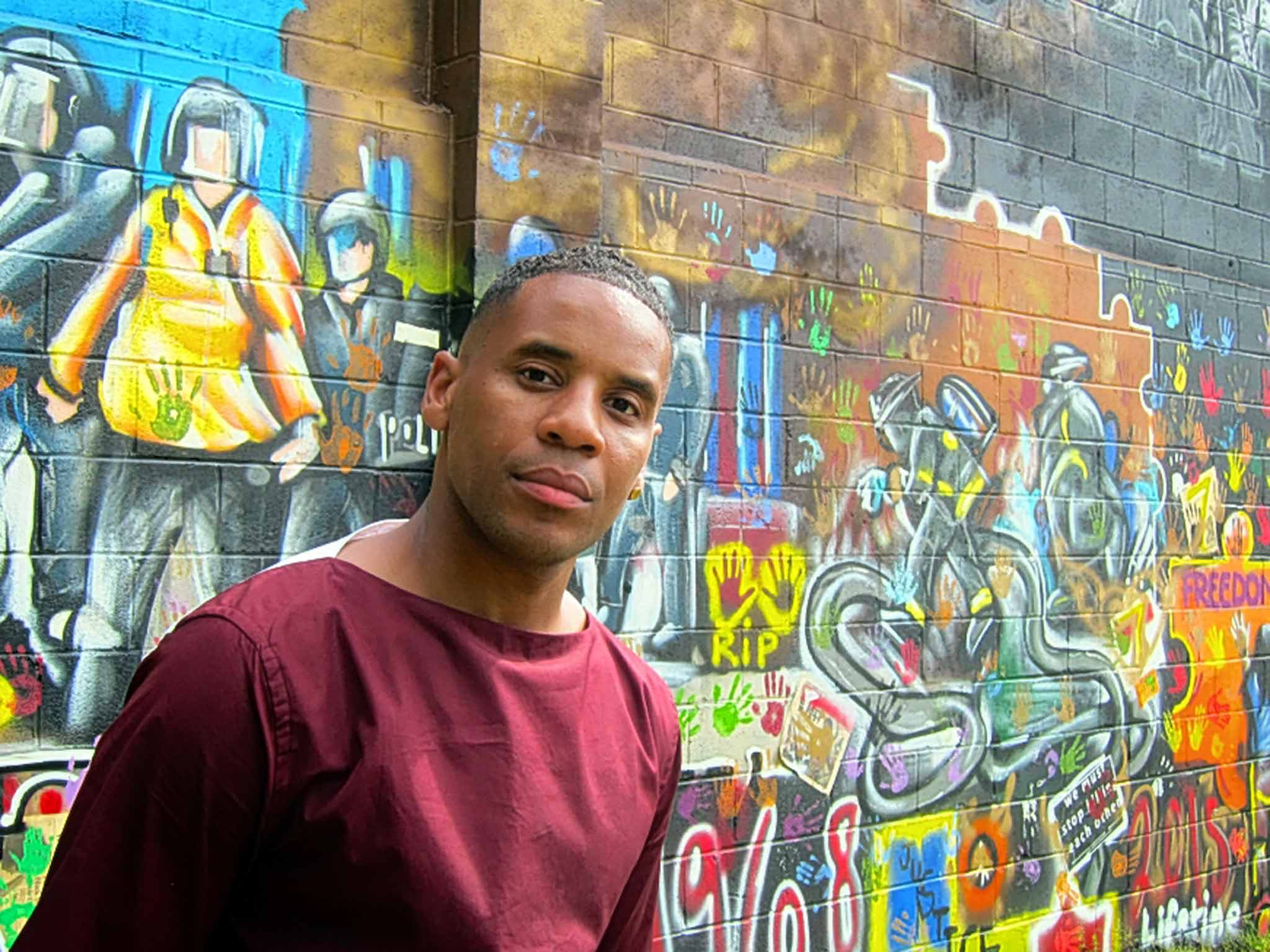Reggie Yates: Race Riots USA, BBC3 - TV review: The police can fine you for traffic violations or having sagging pants
A picture of a world filled with distrust and riven by lack of communication

The most eye-opening moment in Race Riots USA, Reggie Yates' nuanced and important look at life in Ferguson, Missouri a year after unarmed teenager Michael Brown was shot dead by a police officer, came about halfway through when human rights lawyer Brendan Roediger explained to Yates why there were so many traffic violations in the town.
“The police are looking for ways to begin interactions in order to raise money for municipal budgets,” Roediger said to a stunned Yates. “They can fine you for traffic violations, for having sagging pants, for the manner in which you are walking. The police department is run for profit.”
As someone who was once fined $80 by the New York City police department for sitting on a subway step while eight-and-a-half months pregnant, Roediger's words rang uncomfortably true. Yet while that violation infuriated me, it didn't wreck my life. I paid the money and spent months moaning about the fine. If I'd been a black citizen of Ferguson the situation would have been considerably worse – as Roediger went on to point out those stopped on these minor violations rarely have the money to pay up. They become trapped in the system, shuffled between jail and parole, the debt continuing to rise with each non-payment. “I have clients who end up owing over $5,000,” said Roediger, who gives his services for free.
Yates's quietly angry documentary was full of such powerful moments. Keen to speak to all sides of the debate, he visited protesters demonstrating in support of Darren Wilson, the police officer who shot Brown (cheerful, friendly ladies who sell baked goods while wearing T-shirts emblazoned with the date of Brown's death), attended police training, talked to officers and activists and hung out in gift shops and at the local barber's, all the while carefully unpicking the still present tensions of this otherwise ordinary town, to paint a picture of a world filled with distrust and riven by lack of communication.
The most resonant moment came when the presenter asked student protester Chester what he wanted from life. “What do I want? I want freedom,” the 18-year-old replied. “I want liberation, the chance for my little brother to walk down the street without being stopped or racially profiled. I just want to be free.” Those simple words contained a world of anger, hurt, longing and despair: a hit to the gut for those of us watching from the comfort of home.
Subscribe to Independent Premium to bookmark this article
Want to bookmark your favourite articles and stories to read or reference later? Start your Independent Premium subscription today.

Join our commenting forum
Join thought-provoking conversations, follow other Independent readers and see their replies